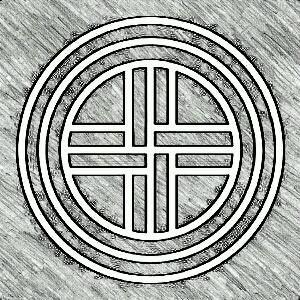Money and the Price System
By C.H.Douglas
A Speech given at Oslo on February 14, 1935, to H. M. The King of Norway, H.E. The British Minister, The President, and Members of the Oslo Merchants Club
- Read more about Money and the Price System
- Log in to post comments







